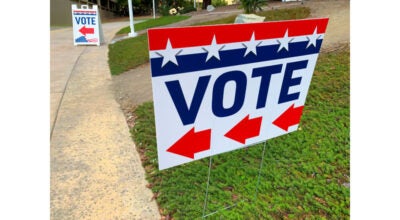A public school has one job
Published 7:12 am Tuesday, July 27, 2021
|
Getting your Trinity Audio player ready...
|
To the Editor:
I disagree in part with one of the statements in your editorial on education in the most recent The Tidewater News: “A public school has one job: to impart knowledge.” Yes, but “Knowledge” comes in two sections: information and ability; in my opinion, the second is more vital than the first. Beyond essential concepts of arithmetic and useful guidelines for reading and writing, the information all students need to have is basic: Where can I discover the information I need to know in order to ____?
All else is the ability to do necessary and creative things well: How do I ____? Students need to know how to find information, how to evaluate it, and how to reason in order to use it best. In other words, how to think clearly and objectively and usefully. In my student days, information was often tedious to find, and sources in our small town were comparatively few and sketchy. Now, via the internet, all the information in the world is literally at my fingertips – and even more accessible to today’s tech-savvy students.
How do I look for what I need to know? How do I evaluate its rationality and usefulness? How do I apply the best information to a task I have at hand? In other words, how well can I think? How can I use my brain to make my way and my place in the world?
Students who have such abilities cannot be “brainwashed.” They can think for themselves, and their thinking processes can improve with age and experience with failure — and this does make some parents uncomfortable. I know it did mine, and some of my teachers, as well. However, the goal is not to produce a crown of little intellectuals, but students good at intelligent problem-solving, with access to loads of reliable information. There is no course, from World History to Welding, where these abilities will not lead to success. It is of course parents’ job to transmit values, but schools’ responsibility to turn out effective thinkers. Otherwise, these children, who will face problems we older adults cannot even imagine, will be unable to master their future successfully.
Kenneth Bradford
Richmond





